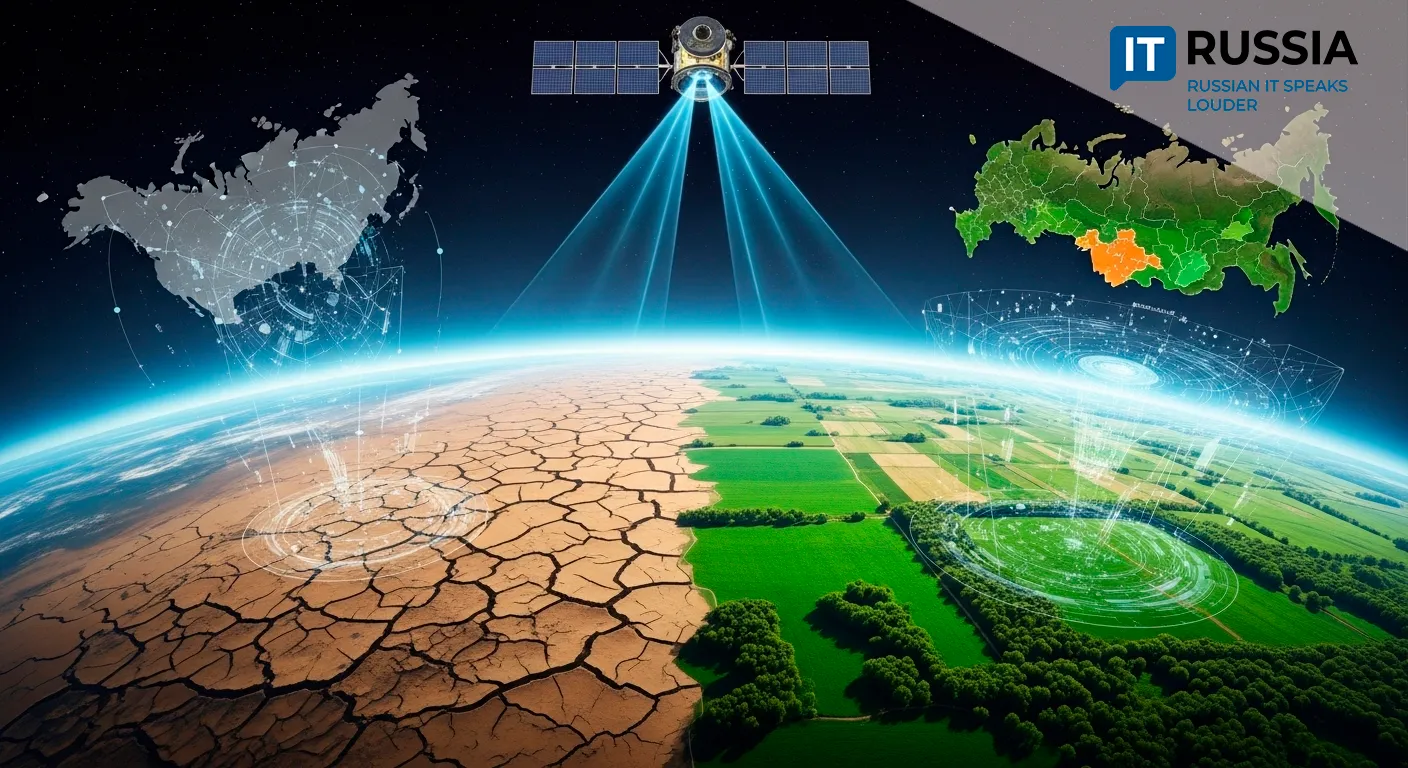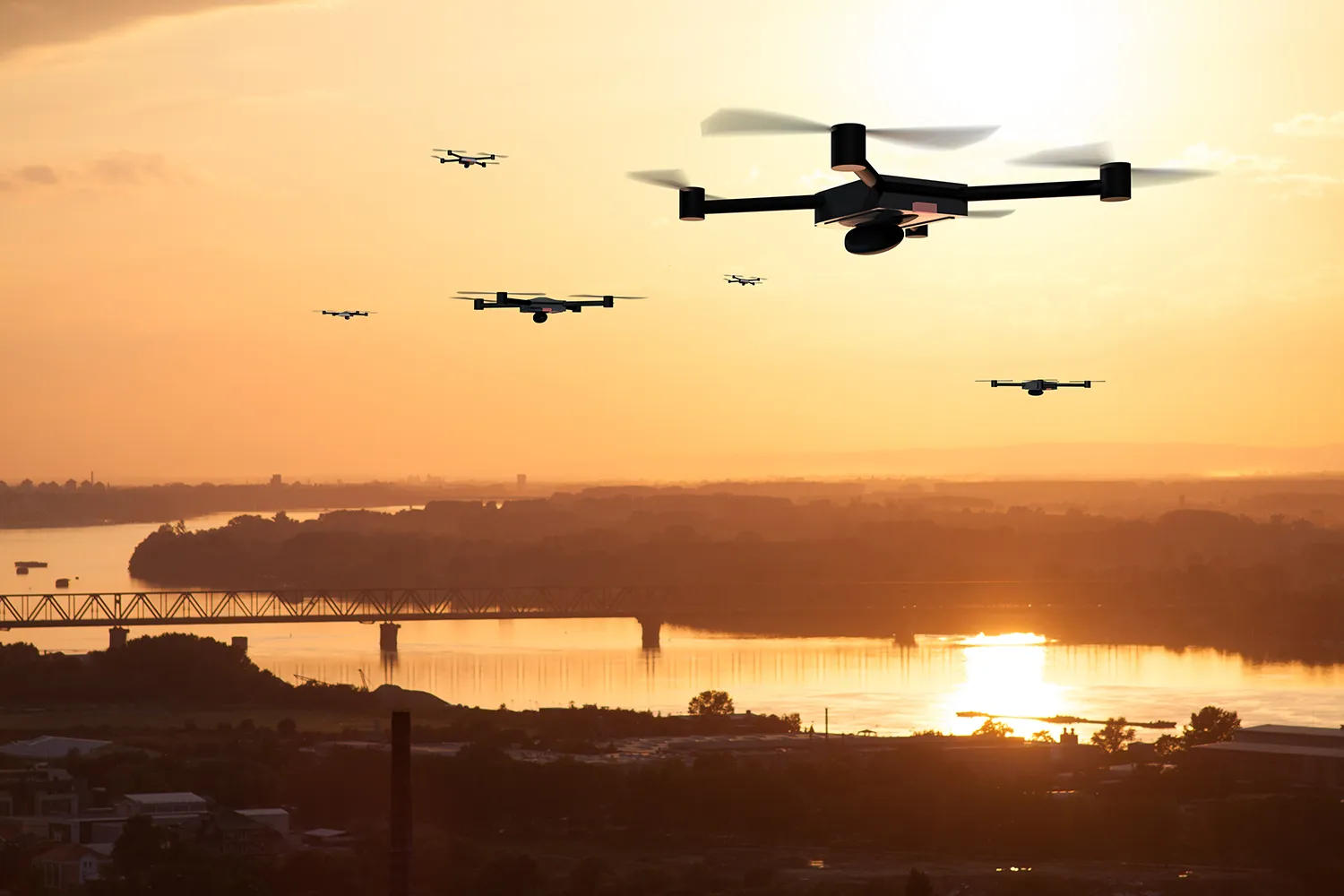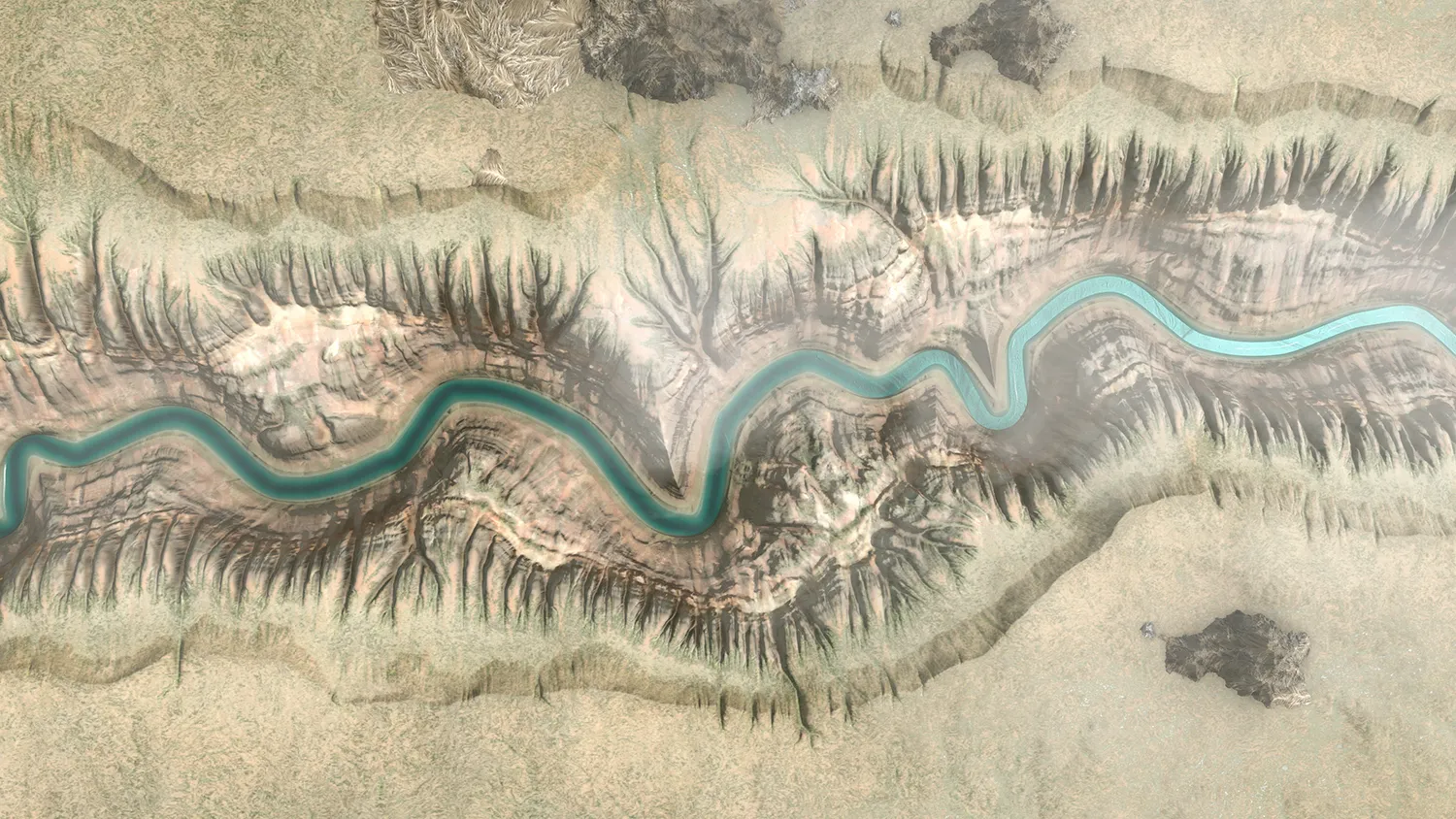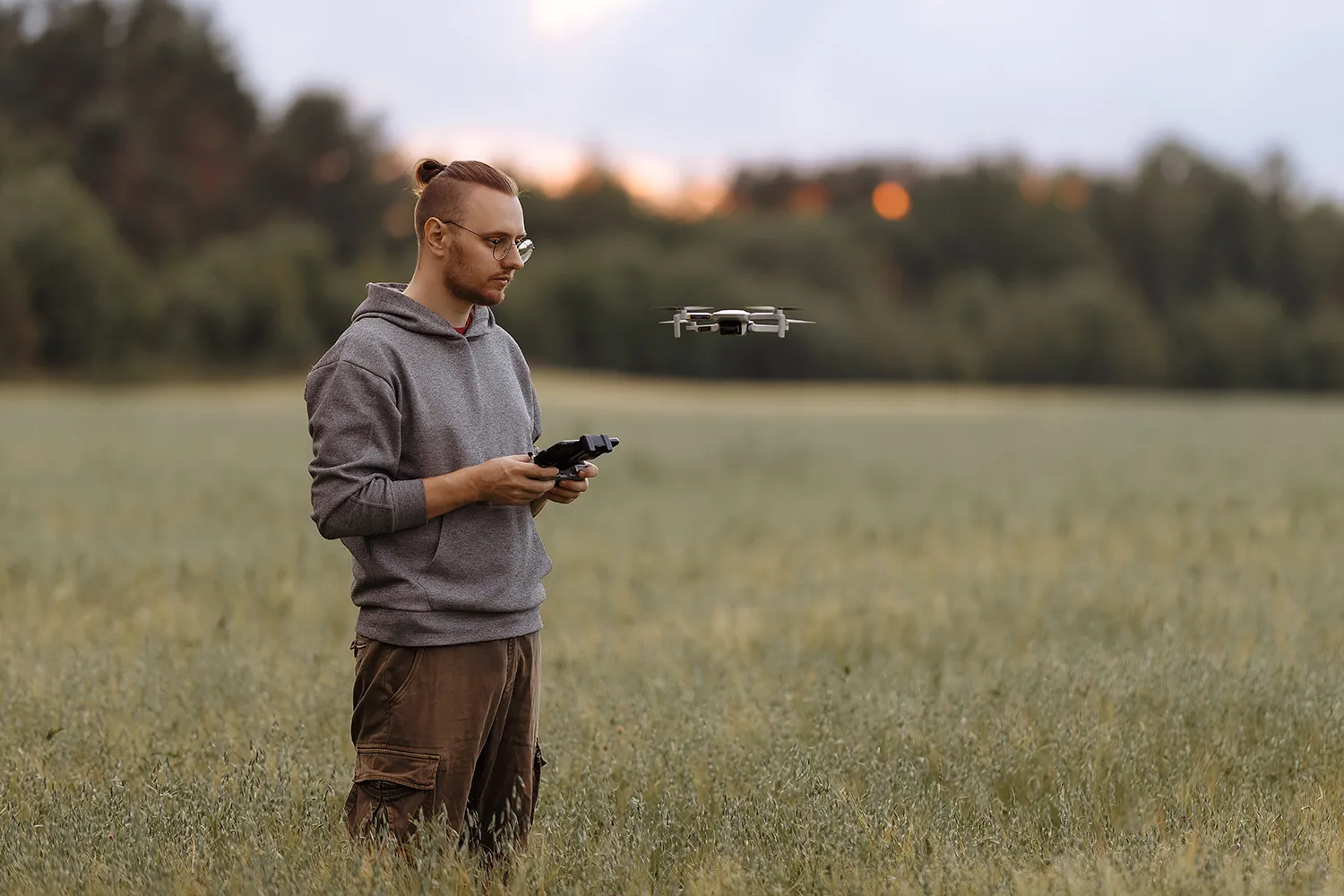Russian Technologies Take Aim at Desertification

A Russian satellite- and AI-powered monitoring system has been recognized as one of the country’s most promising environmental technologies.
Space-Based Solutions for Land Degradation
On July 31, 2025, a joint project by Terra Tech and the Federal Scientific Center for Agroecology of the Russian Academy of Sciences was awarded the ECOTECHLEADER 2025 national environmental prize for 'Environmental Monitoring.' The system, which combines satellite imagery and neural networks, was selected from more than 200 entries.
Terra Tech, a Roscosmos-affiliated company, provides geospatial solutions using remote sensing and machine learning—serving sectors from forestry to oil and gas. Its core focus is environmental resilience. Desertification, the progressive degradation of arable land, has become a pressing challenge in many parts of Russia, leading to the loss of biodiversity and agricultural productivity. The new system evaluates land conditions and recommends mitigation strategies.

Scaling Toward a Climate-Resilient Future
The joint development between Terra Tech and the Agroecology Center is more than a localized initiative—it’s a scalable platform for climate-vulnerable regions such as Kalmykia and Astrakhan. The system is already integrated into Russia’s national Digital Earth platform, which supports forest, climate, and ecosystem monitoring.
By using AI-powered geospatial analytics, the system reduces labor-intensive assessments and enables timely responses to land degradation. It also offers new digital tools for public agencies tasked with managing natural resources. Given the increasing impacts of climate change, the solution has strong potential for adoption across BRICS countries and others facing similar environmental threats.

From Pilot Project to Global Potential
This isn’t Terra Tech’s first breakthrough. In 2022, the company won national recognition for its 'Eco-Monitoring' service. In 2024, it secured a contract for 'Griffon'—a satellite constellation of 44 Earth observation spacecraft designed to provide sovereign remote sensing data.
The company is now evolving from basic geoinformation services to complex AI-driven ecological platforms. Its desertification monitoring system exemplifies this new phase: a blend of science, software, and environmental policy. In the next few years, the system could expand nationwide or integrate into international conservation programs.

Its 2025 award confirms that Russian innovations are no longer just regional solutions—they’re contenders in the global fight against land degradation and ecological collapse.










































